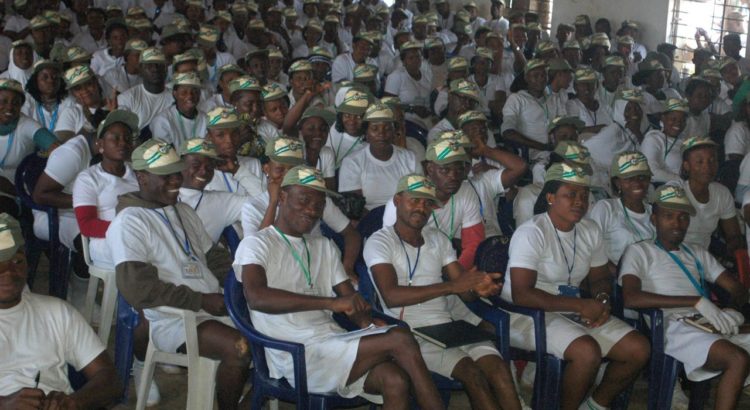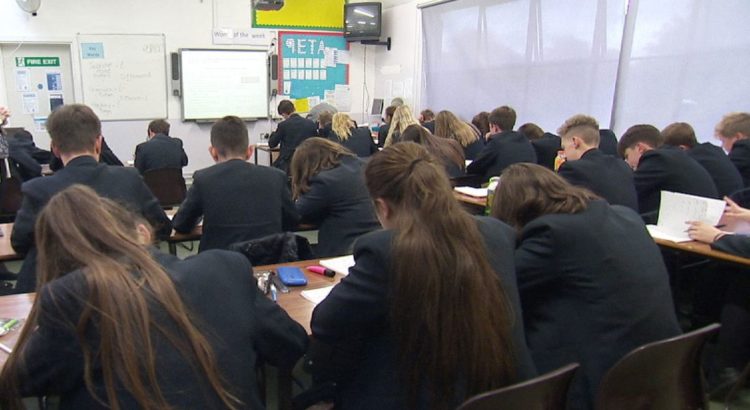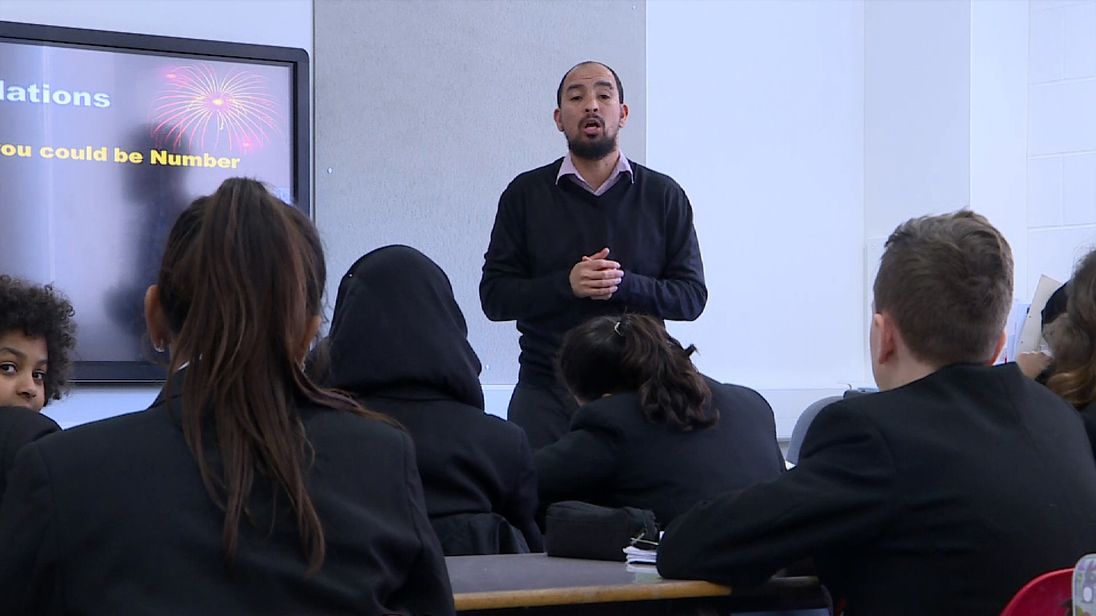By The Guardian
The recent dismal report of a new World Bank study, which stated that Africa faced learning crises that may hinder its economic growth and the well-being of the citizens, questions the quality of basic education African governments have been providing their people. It is also an eye-opener to the abysmal degeneration of succession management for the society. Although keen observers of events on the continent have been worried about the celebration of mediocrity pervading key areas of society, this new study has presented bleak hope for Africa’s future, if drastic measures are not taken to address basic education. This is disheartening and highly lamentable.
The World Development Report (WDR) 2018, titled “Learning to Realise Education’s Promise”, was co-launched in Abuja the other day by the World Bank Group, the Federal Ministry of Finance and the Federal Ministry of Education. Whilst the report raised concerns about poor future prospect of millions of young students in low and middle-income countries owing to the failure of their primary and secondary schools to educate them to succeed in life, it also called for greater measurement, action on evidence, and coordination of all education actors.
It claimed that despite “considerable progress in boosting primary and lower secondary school enrollment, … “some 50 million children remain out of school, and most of those who attend school are not acquiring the basic skills necessary for success later in life.”
To substantiate its claims, the report noted that among second-grade students assessed on numeracy tests in several sub-Saharan African countries, three-quarters could not count beyond 80 and 40 per cent could not solve a one-digit addition problem. It went further to add: “In reading, between 50 and 80 per cent of children in second grade could not answer a single question based on a short passage they had read, and a large proportion could not read even a single word.”
Concerning Nigeria, the study found out that, when fourth grade students were asked to complete a simple two-digit subtraction problem, more than three-quarters could not solve it. It further stated that “Among young adults in Nigeria, only about 20 per cent of those who complete primary education can read. These statistics do not account for 260 million children who for reasons of conflict, discrimination, disability, and other obstacles, are not enrolled in primary or secondary school.”
Deon Filmer and Halsey Rogers, World Bank Lead Economists, who co-directed the report team, summarized the report when they stated “too many young people are not getting the education they need.” This remark corroborated the observation of Prof. Gamaliel O. Prince, the Vice Chancellor of University of America, California, who remarked at the matriculation of its Nigerian affiliate students, that Nigerians are receiving expired education. The question now is, what kind of education do African young people need?
As if a section of Nigerian youths foresaw the World Bank report, they had, two weeks, earlier flayed the poor education of Nigerian leaders, and had set a list of criteria for the next president. According to them, “many of our past and present leaders are an embarrassment to the country due to their very low educational background and lack of exposure.” These remarks are very instructive because, if today’s leaders, reputed to have had quality basic education, are leading the country astray, the quality of future leaders leaves little to imagine about when the discouraging report of the World Bank is considered.
The vital point that should not be missed in the interpretation of the report is the emphasis on quality basic education. This aspect speaks to Nigeria, where the idea of the educated is construed on the basis of holding a university degree. What kind of education would one claim to have acquired if he earned a university degree and cannot solve the problems of basic numeracy and comprehension? What kind of outcomes would be accomplished by the kind of learning provided by today’s educational institutions? This is not to assert that Nigeria does not have well-trained and adequate manpower. This is far from the truth. The highly quality manpower and human resources which Nigeria has in abundance could be seen in the value Nigerian professionals have added to the growth and progress of other countries.
As this newspaper has always admonished, addressing the problem of education in this country demands emergency response. What this country needs is a leadership that is vision-casting enough to align its human resources for growth in production. All it takes is a vision, the political will to realize that vision, and the sincerity of purpose in mobilizing the people around that vision. If learning is to be impactful and effective as to lead to personal development and pragmatic relevance to society, then Nigeria and all of Africa must first of all, understand the problem they face. Owing to the experiences of colonization, neo-colonization and even globalization, Nigeria and other African countries find themselves in the shackles of economic slavery, and have tied their educational curricula to exploitable learning models that service foreign powers.
Because the structure of income-generation and production has a part to play in learning outcomes in African countries, education ministries and stakeholders of such countries must see learning as a tool for solving problems and generating production in the society. Education should have a promise for children and youths in Africa; incentives should be made available for structured learning.
One of the maladies of African leaders is cronyism and nepotism. This extension of selfish interests to the benefits of family, friends, clans, ethnic groups and political party loyalists has encouraged the dominance of mediocrity in leadership in a manner that suffocates excellence. African leaders should build a culture of succession management founded on excellence so that the right persons in the right places would think out the right policies to move their countries forward. They should take a cue from forward-looking countries by identifying the best in all fields, and positioning them as managers for national reconstruction.
Furthermore, African leaders should go back to the drawing-board and identify the problems facing their people, and on the basis of this, begin to design curricula that should enable African children think inwards. Learning models should consider the role of history in understanding the African predicament and how it can empower them to think about Africa’s place in a competitive world. These models should also stress the relevance of language in learning.
To effectively get this done in Nigeria, especially, and save the nation from its many crises, it is indeed apparent that restructuring into a properly run federalism would have to drive structured learning.
Source of the article: https://guardian.ng/opinion/expired-education-and-africas-learning-crisis/












 Users Today : 48
Users Today : 48 Total Users : 35460431
Total Users : 35460431 Views Today : 89
Views Today : 89 Total views : 3419252
Total views : 3419252